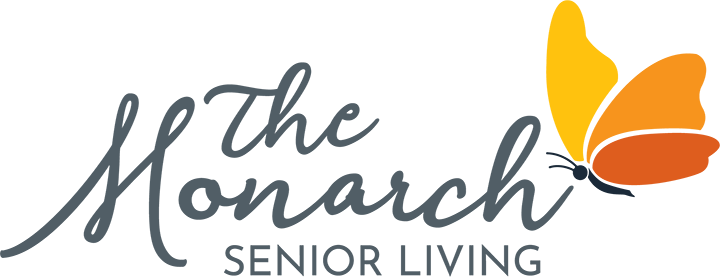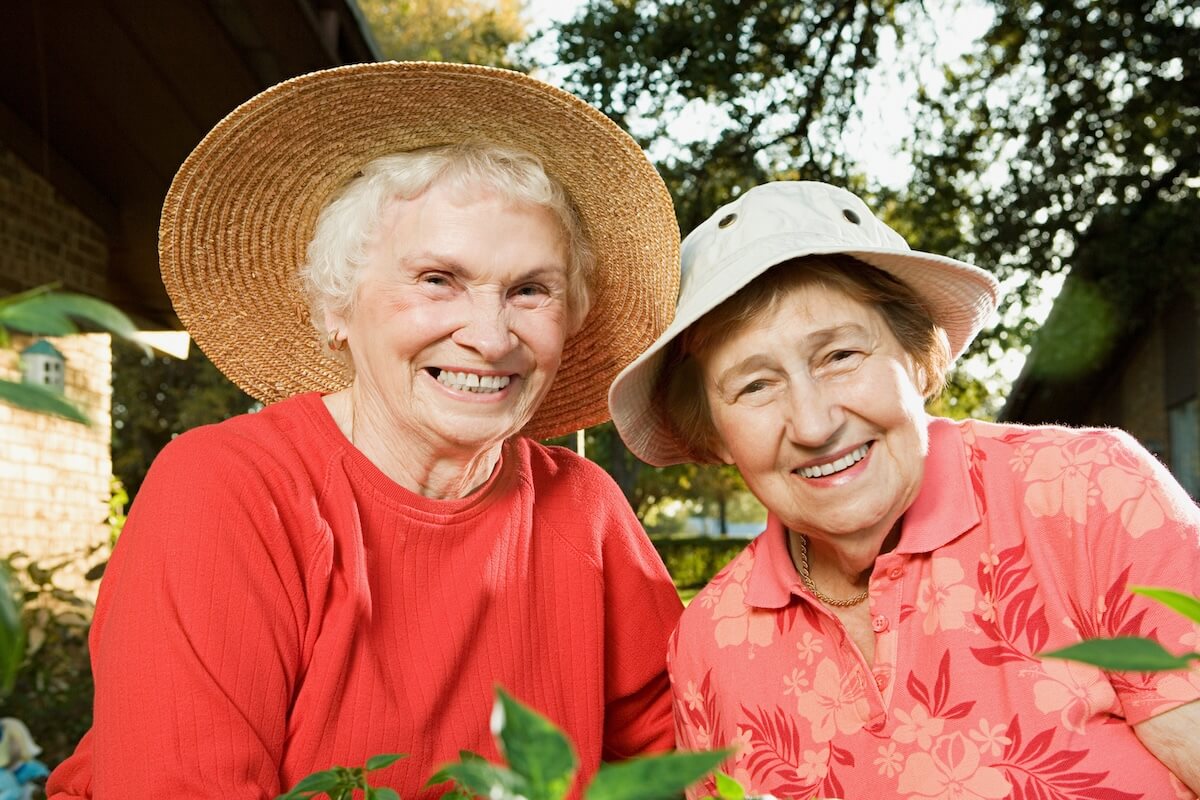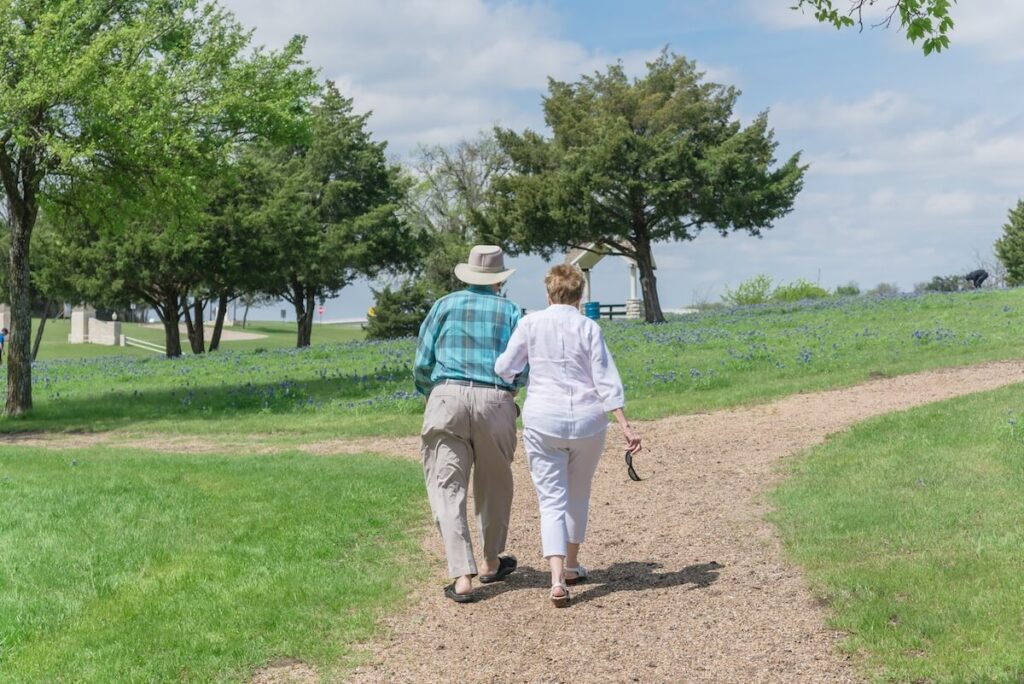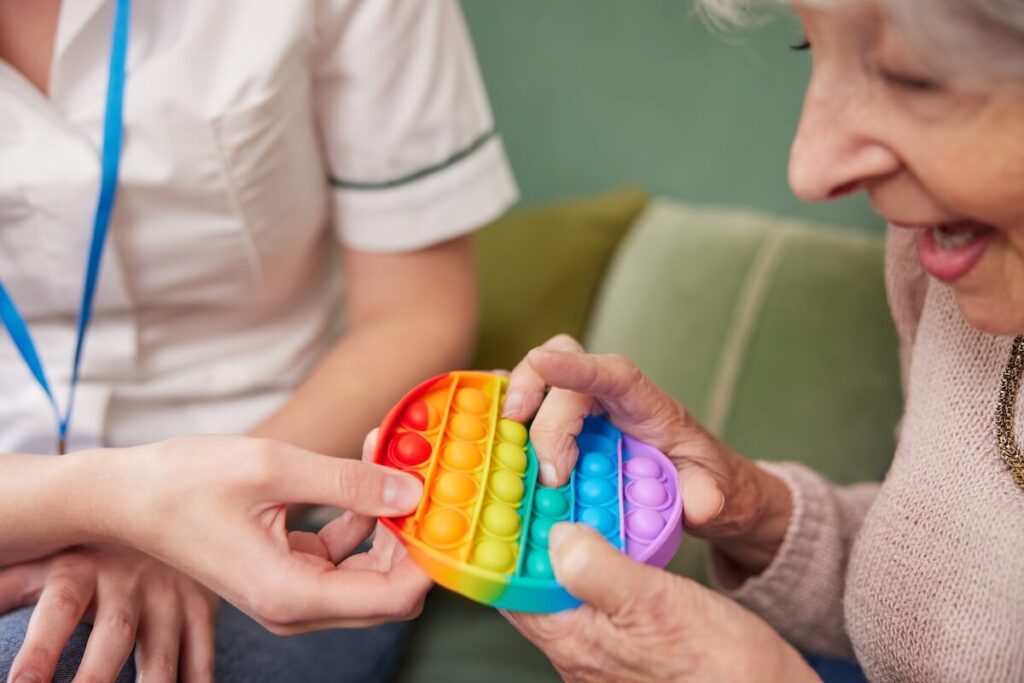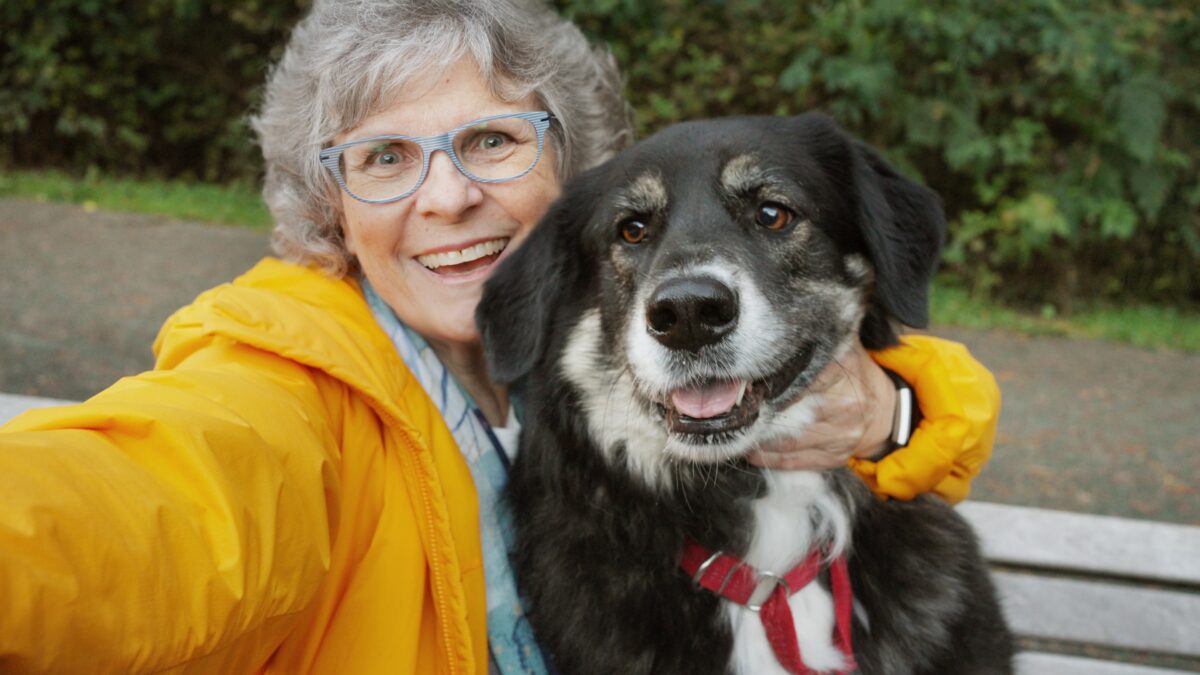Art Therapy and Dementia: Exploring the Benefits for a Sharper Mind
Art has long been celebrated for its ability to inspire creativity and self-expression. For individuals with dementia, however, art takes on a deeper, more profound role. Through the therapeutic power of art, individuals can experience moments of clarity, joy, and connection that transcend the cognitive challenges they face.
Our team at The Monarch Senior Living explores the benefits of art therapy in dementia care, types of art ventures that work well, and actionable tips for implementing creative sessions to enhance the well-being of individuals with memory loss.
What is Art Therapy?
Art therapy is a guided practice that uses creative ventures to promote emotional, cognitive, and social well-being. For people living with dementia, art therapy offers an effective way to address the unique challenges posed by memory loss, such as diminished communication skills and heightened anxiety. Unlike verbal communication, which becomes increasingly difficult, art offers a universal language of shapes, colors, and textures. It can prompt emotions, spark memories, and ease frustration in ways that words cannot.
Research increasingly supports the growing relevance of art therapy in dementia care, as it demonstrates clear benefits for improving cognitive function, reducing stress, and fostering a greater sense of connection with others. Most importantly, it allows individuals to regain a sense of identity and purpose through creativity.
Types of Art Ventures for Individuals with Dementia
Painting
Painting, whether using watercolors or acrylics, provides a gentle yet stimulating form of expression. The act of applying a brush to canvas allows individuals to channel emotions in an empowering way. Even those with limited mobility can enjoy the soothing, repetitive motions of painting, and the bright colors often evoke positivity.
Drawing
A pencil and a piece of paper have more therapeutic power than one might think. Drawing, even simple sketches or doodles, can improve hand-eye coordination and fine motor skills. This art form encourages focus, offering a way for individuals to center their attention in the present moment, which can be particularly helpful for easing restlessness.
Clay Modeling
There’s something grounding about working with clay. Its tactile, malleable nature provides a unique experience that promotes relaxation and sensory engagement. Shaping and modeling clay helps strengthen motor skills and allows the artist to create something tangible, fostering a sense of achievement.
Cognitive Benefits of Art Therapy
Memory Stimulation
Creative endeavors often sharpen memories. For example, painting a familiar scene from one’s hometown or creating a collage about childhood hobbies encourages reflection and storytelling. This newfound connection to past experiences provides both comfort and cognitive stimulation.
Enhanced Focus and Attention
Participating in art ventures requires focused effort. Whether selecting colors for a painting or pressing clay into a specific shape, art enables moments of concentrated thought and flow, which can help reduce feelings of disorientation.
Problem-Solving Skills
Art is inherently about decision-making. Individuals decide how to approach a blank page, what colors to use, or how to shape an object. These problem-solving elements, even in their simplest form, help engage critical thinking skills in a supportive and enjoyable way.
Emotional and Psychological Impact of Art
Stress Reduction
When words fail, emotions often remain bottled up. Art provides an outlet for those emotions, enabling individuals to express feelings through creative means. Pursuits like painting or working with clay promote relaxation and can significantly reduce anxiety or agitation.
Improved Self-Esteem
The process of creating something beautiful instills a sense of accomplishment. This tangible result fosters confidence and boosts self-worth, empowering individuals to feel proud of their abilities and creations, however simple or complex they may be.
Social Interaction
Art has a way of bringing people together. Group art sessions encourage individuals to share stories, compliment each other’s work, and interact in meaningful ways. These connections combat isolation and help nurture a sense of belonging within a community.
Art Therapy and Dementia at The Monarch
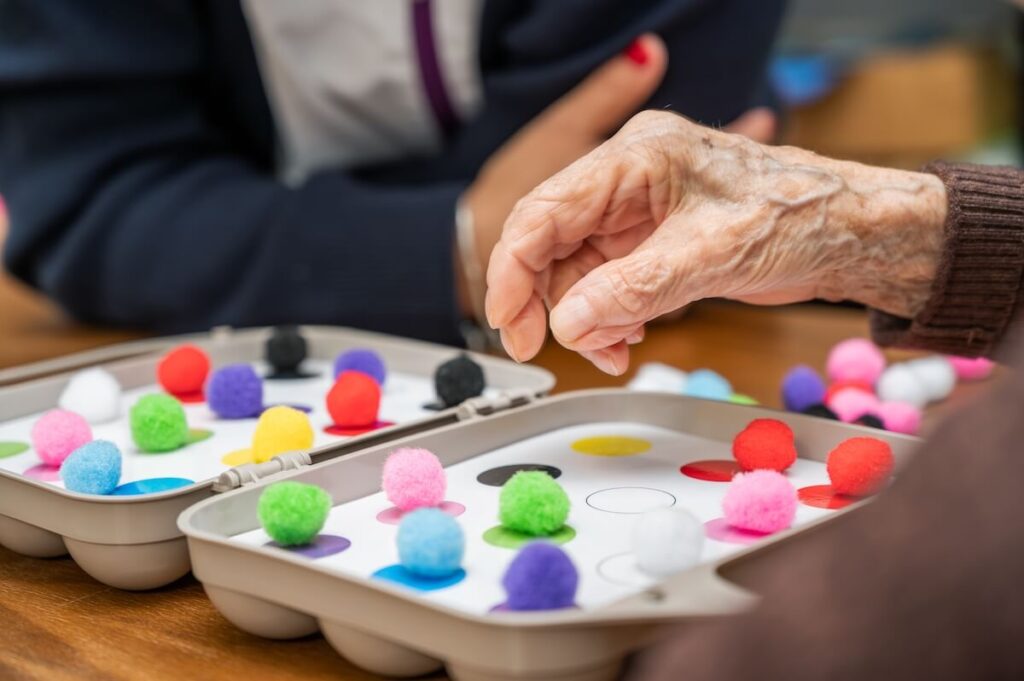
At The Monarch Senior Living communities, art therapy is woven into our memory care programs to promote joy, engagement, and creativity in residents. Our team understands how therapeutic art can transform the daily lives of those living with dementia, and we make it a priority to integrate meaningful, creative sessions into their routines.
Our signature programs, such as Create & Compose, focus on holistic memory care, helping individuals with Alzheimer’s disease and other forms of dementia thrive. This specific program encourages residents to engage in painting, playing music, and other creative outlets to promote relaxation, reduce stress, and bring joy to their daily lives.
What’s unique about our memory care program is the attentiveness of our dedicated team members. They guide and support residents through each venture, ensuring no one feels left behind. Beyond the art itself, these sessions create opportunities for connection, camaraderie, and joy among residents.
Explore the Possibilities of Art Therapy
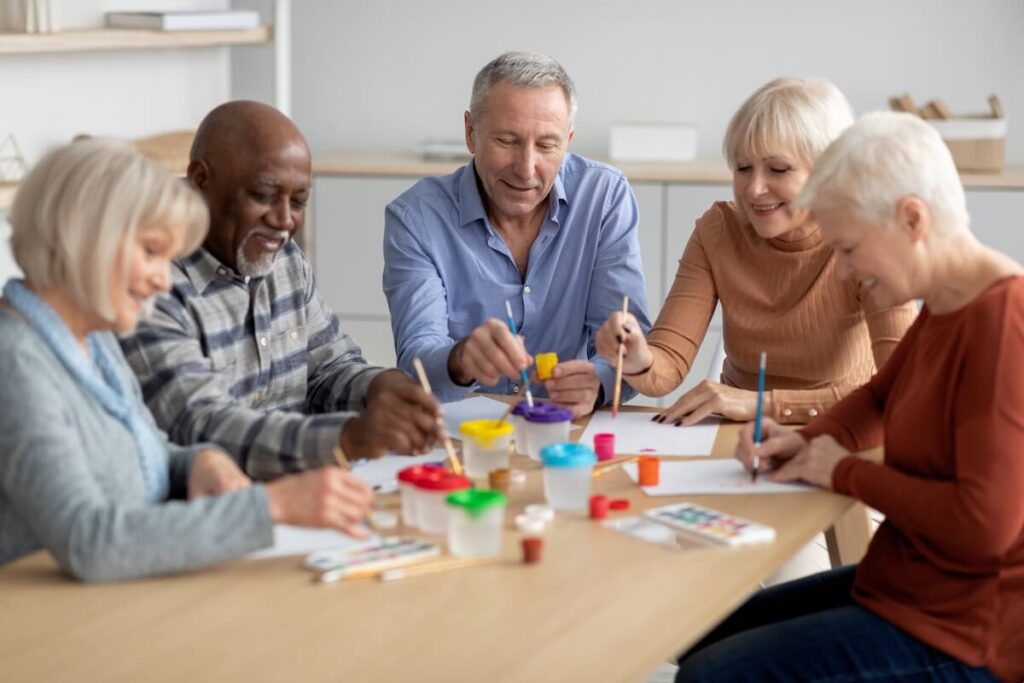
The connection between art therapy and dementia is undeniable. From fostering cognitive stimulation to reducing stress and enhancing social connections, creative expression offers a powerful way to enrich the lives of individuals with memory impairment.
If you’re curious about how art therapy could make a difference for someone you care about, we invite you to reach out to our team at The Monarch Senior Living. Discover how our personalized memory care programs incorporate creativity, compassion, and expertise to cultivate moments of joy and connection every day.
